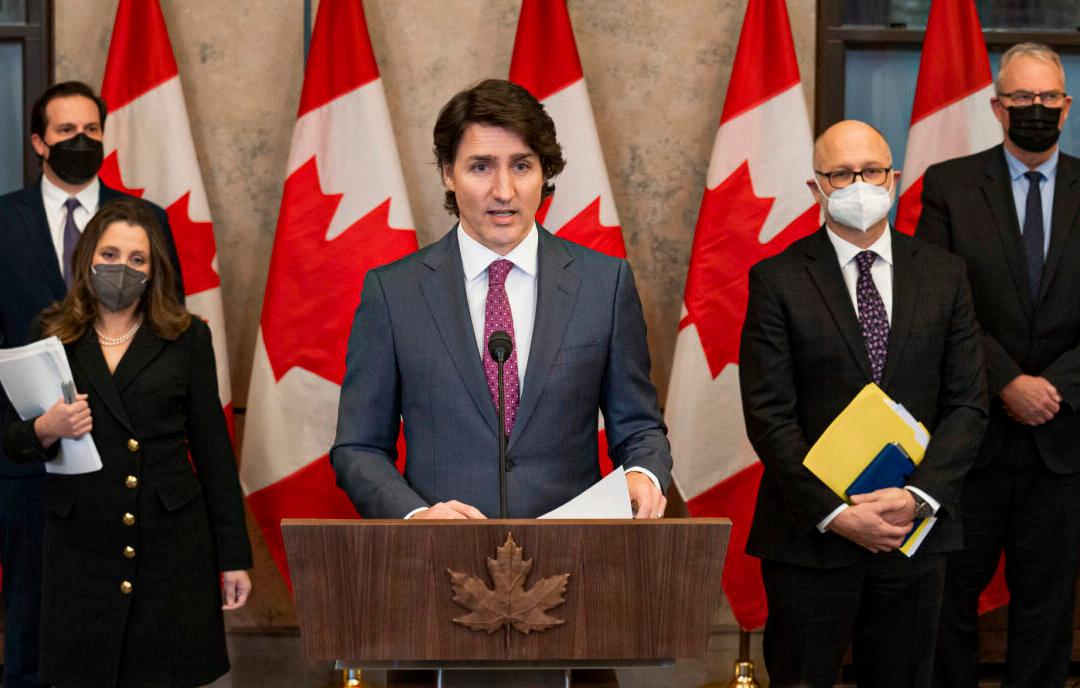An Ontario physician says the federal government is showing zero leadership in prosecuting the pharmaceutical giant that produced and heavily promoted the addictive painkiller OxyContin, fuelling the opioid crisis that is now claiming more lives than motor vehicle accidents in Canada.
Last month, Purdue Pharma announced it would no longer be marketing opioids to doctors in the United States. Purdue pleaded guilty in 2007 for misleading U.S. physicians about the addictive qualities of its top-selling drug and has paid $634 million in criminal and civil charges.





